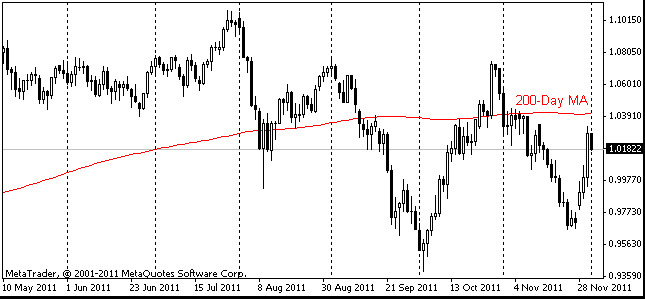EUR/usd
Mr draghi met our expectations. Not that he spoke openly about depreciation of the euro or threatened with quantitative easing to weaken the euro, but still he pointed out that the increase in the euro, though reflecting that the eurozone is again trusted, may hamper the recovery. In our opinion, the markets were especially sensitive to the phrase that quick growth of the euro may impair price stability. And this implies that the CB will be ready to act should the euro keep growing. At the moment investors are puzzled which of the CBs is the least tolerant to the high exchange rate of its domestic currency. Considering the taken measures (balance sheet enlargement or intervention), Switzerland is the first to cross the mind. The USA is not far from it, monthly injecting 85bln in exchange of the mortgage-backed securities and government bonds. But regarding the potential threat, Japan is second to none. Their QE scale is much smaller than that of the USA. The ECB is currently preparing the ground, trying to avoid unnecessary actions. Draghi likes to intimidate the markets – it helps him do without actual actions. So far traders and investors have had trust in the ECB's governor, who's been in his post for a bit more than a year. As a result of Draghi's speech, the euro was “shifted” down by 1.3%. It was exactly shifted – until then trading was held sideways around 1.3570, now, at 1.34, the currency is trading in exactly the same even way.

GBP/USD
Lately the BOE haven't been very generous in their comments on the monetary policy if the latter has been kept unchanged. Yesterday it was the case. Actually, it passed unnoticed as all eyes at the time were riveted on the BOE governor-designate, Mark Carney, who spoke to the Treasury Committee. He said that the soft monetary policy should finally end. These words gave rise to a rally, which took the pound more than a figure up. Yet about half of this upsurge was quickly sold back. This way or another, the sterling has moved away from 1.5630 and found buyers, at least for a while.

USD/JPY
The yen is tired of falling. usdjpy has been consolidating for too long this week. Yet, the pair may still report growth this week. If so, it will be the 13th week of growth in a row. Most likely, in the coming weeks the appreciation won't be as dashing as before. Firstly, many Japanese officials spoke in favour of the 100¥/$ rate. Secondly, the traditional profit repatriation by exporters is coming soon. Of course, the profits are not that large, but yet. Be careful with stakes on the further growth.

AUD/USD
The favorable employment statistics hasn't put off the inevitable for the aussie for long. Yesterday under the selling pressure in the stock exchanges (as a result all was purchased back) audusd dropped below its 200-day MA and broke 1.03. This morning the bears pushed the pair down to 1.0255. Now we can see some attempts to return to 1.03, but the 200-day MA, which failed to turn into a support, will now serve as a resistance level here.
